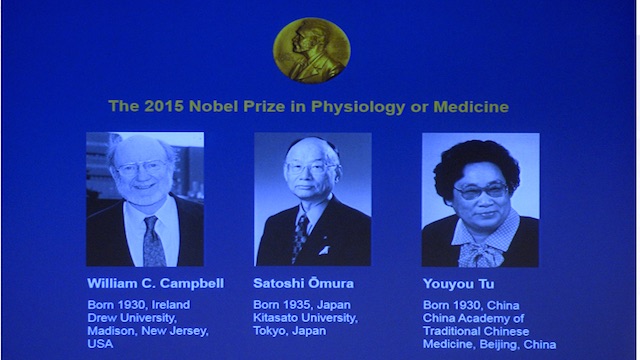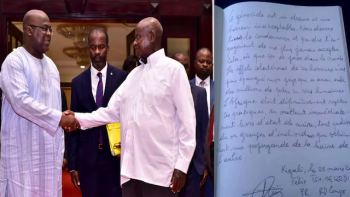Malaria affects the lives of hundreds of millions of people around the World, especially in Africa. Roundworm parasites infect millions of people living in the poorest countries in the World. The roundworm parasites cause river blindness and elephantiasis.
River blindness, an eye and skin disease that ultimately leads to blindness, has affected millions of the people in Africa. Elephantiasis, also known as lymphatic filariasis, causes painful swelling of the limbs. Both of these diseases are on the verge of extinction.
Malaria is in control, thanks to the research by a Chinese woman, Professor Youyou Tu. Professor Youyou Tu graduated in the 1960s from
the Pharmacy Department at Beijing Medical University. While researching traditional herbal medicine, she discovered the drug artemisinin to treat malaria. Artemisinin is used in combination with other malaria medicines in most of the tropical countries around the World, where malaria is prevalent. It is estimated that in Africa alone, Artemisinin and the combined drugs save more than 100,000 lives each year. Professor Youyou Tu is the 13th woman to win this Nobel Prize.
This year, Professor Youyou is sharing the Nobel Prize with Satoshi ?mura, a Japanese microbiologist, and William C Campbell, an expert in parasite biology from the United Sstates. Satoshi ?mura and William C Campbell discovered a treatment for the roundworm.
Their research led to the development of a drug called ivermectin, used to treat and almost eradicate roundworm diseases. Ivermectin which is now used to treat river blindness and lymphatic filariasis.

















